Projects
Supporting innovative, cutting edge ideas, the Research Innovation Fund (RIF) provides seed grants for cross-college collaborative projects.
How do I apply?
Project Description
Media
Filters
- Project Types
- All
- Animal Health
- Aquaculture
- Automation and Robotics
- communities
- Communities/Farmers/Relations
- Computational Modeling
- Controlled Environment Agriculture
- Crop Production
- Dairy/Livestock Production
- Data Integration and Processing
- Farmers
- Farmers, Communities, Relationships
- Food Safety
- International Agriculture
- Iot and Networks
- Machine learning
- Machine Learning
- Plant Breeding
- relations
- Sensing Technology
- Soil
- Trustworthy AI
- Years
- Project Creators
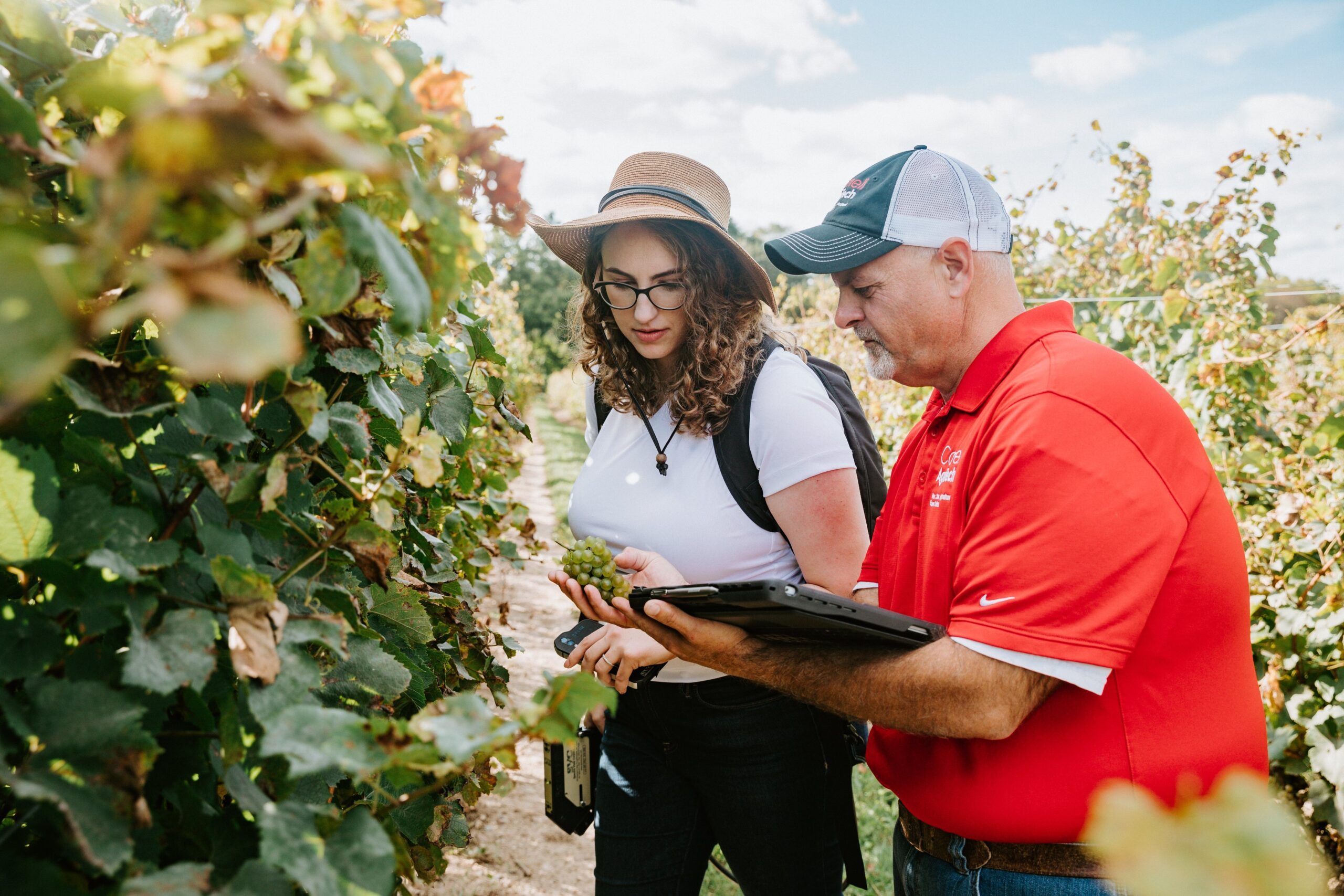
Accelerating the application and adoption of remote sensing decision support in Northeastern viticulture
This project proposes to accelerate the application and adoption of remote sensing in Northeastern viticulture through an approach focused in research and extension with large implications for the NYS grape-growing region and the empowerment of local farmers. Remote sensing is a widely popular tool in most major grape growing regions of the world but has yet to be adopted in the eastern U.S. Using a combination of high resolution (sub-1m) satellite imagery, hyperspectral solar induced fluorescence (SIF), and synthetic aperture radar (SAR) sensing data the project will develop new methodology for crop and disease management in conjunction with CCE and in partnership with eight local growers. Research results will guide the project vision to develop an integrated decisions support system informing early crop and disease management intervention.
Katie Gold (CALS), Rowena Lohman (COE), Justine Vanden Heuvel (CALS), Ying Sun (CALS), Terry Bates (CCE), James Meyers (CCE), Jennifer Russo (JCB), Alice Wise (CCE), Hans Walter-Peterson (CCE), Yu Jiang (AgriTech)
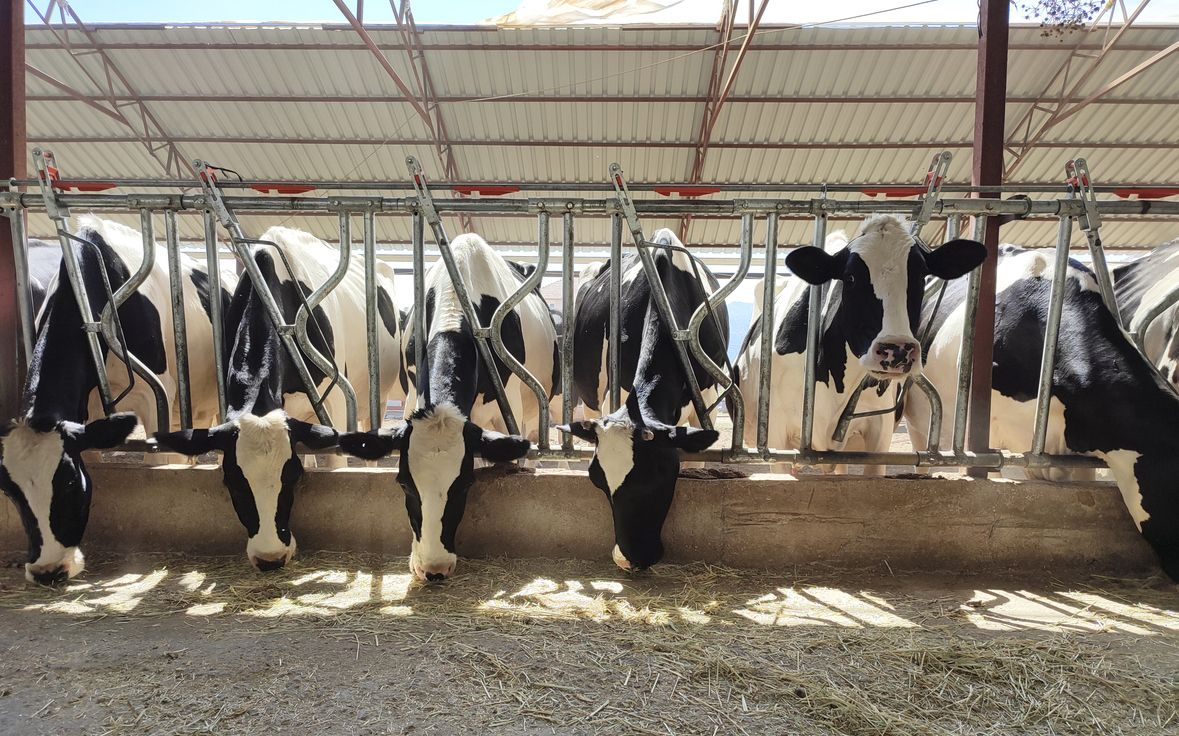
Automating management of teat tissue condition in dairy cows through machine learning
Mastitis, a significant concern in the dairy industry due to marked reduction in milk production and the reduced immune system for dairy cattle, is assessed through physical examinations of a dairy cow’s teat health. This costly, time-consuming approach is error prone and labor intensive. This project proposes first to use a multi-modality machine learning system to measure for short term changes in teat tissue while also developing an image and video based deep learning classifier to predict long-term changes. The sensitivity and specificity of the machine learning system will be compared with the traditional, manual approach. Results will potentially impact current milk harvesting strategies, the advancement of udder health, animal well-being, and sustainability of farms with local impact in the NYS dairy industry and across the globe.
Basran (CVM), K. Weinberger (CIS), I. Porter (CVM), M. Wieland (CVM), J. Giordano (CALS)

Sociology of Myanmar’s Emerging Agritech
This project focuses in emergent agritech initiatives in Myanmar, a nation that came online only after a democratizing government shattered the military telecoms monopoly in 2014. The research contributes to the growing fields of digital political ecology, digital agriculture, and critical data studies by ethnographically investigating how new farmer extension apps, drone-spraying services and digital cooperatives are reshaping relationships between people, food, and land. Building on interviews and participant observation, a case study will be developed into a manuscript to be submitted to the Global South to Agriculture and Human Values or Geoforum in Fall 2020.
Hilary Faxon (GR- CALS), Primary Advisor: Jenny Goldstein (CALS); Secondary Advisor: Steve Jackson (CIS)
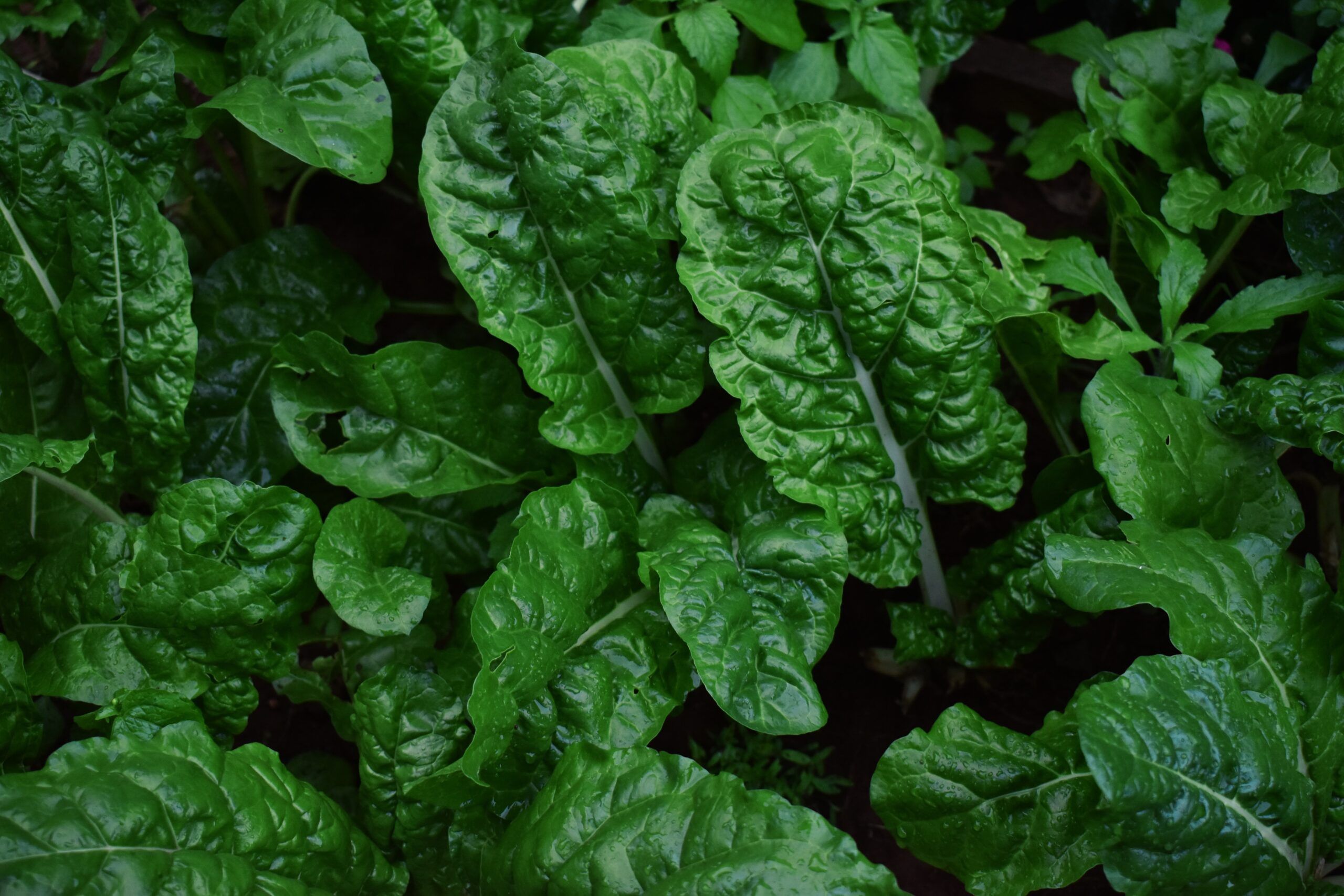
In silico prediction of spoilage phenotypes using metagenomics approaches
Models are an effective tool to assess microbiological spoilage in food systems. Accurate identification and phenotypic characterization of spoilage bacteria can aid in the construction of these models. This project focuses on the development of an in silico method to predict spoilage phenotypes based on allelic types (ATs) allowing for quick identification of bacterial characteristics that influence spoilage. A database built from collected data from spinach and milk will allow for rapid assessment of spoilage phenotypes in food products using targeted sequencing methods.
Syria Sunil (GR- CALS), Primary Advisor: M. Wiedmann (CALS), Secondary Advisor: Renata Ivanek (CVM)
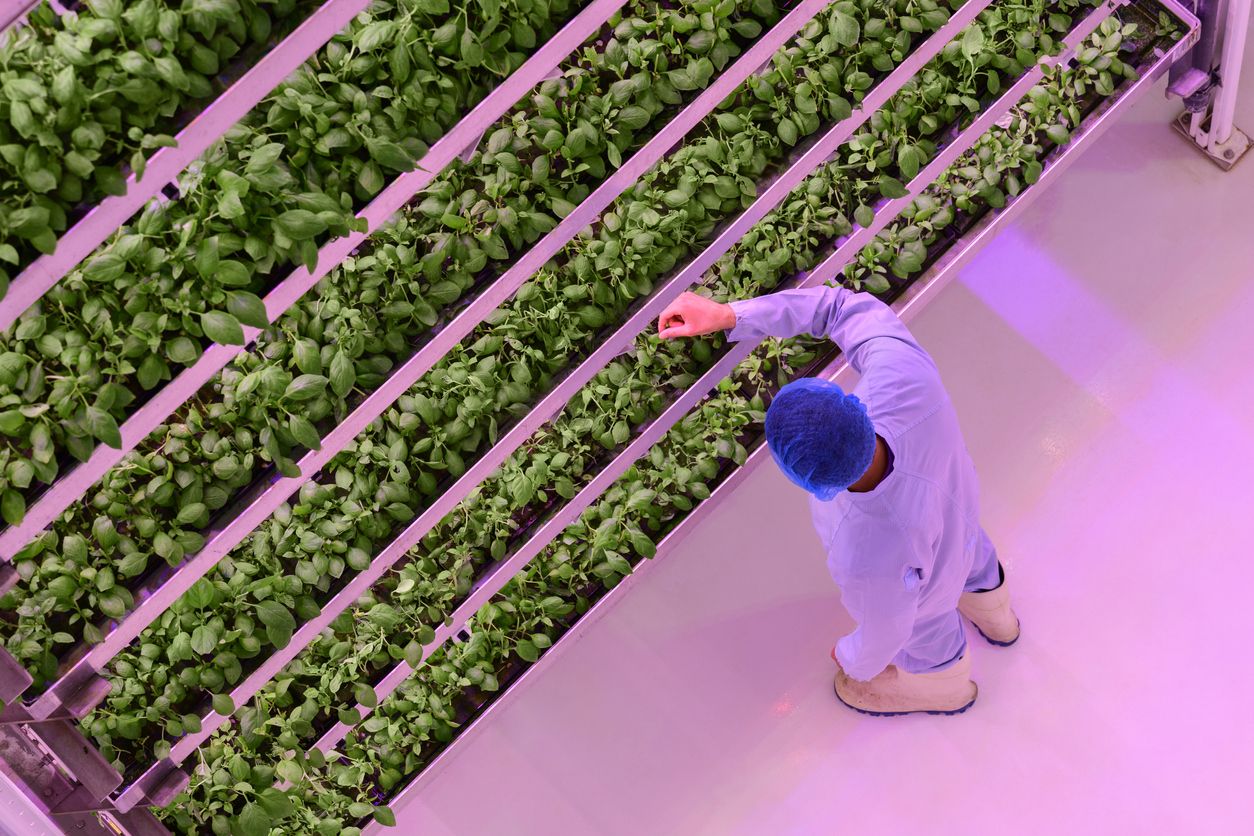
Artificial Intelligence based Smart Automation of Plant Factories for Agricultural Production
This research addresses the complex challenges associated with operating such vertical farms in plant factories. The project focuses on automation for energy management and maximization of natural resources using techniques based on artificial intelligence (AI) that help to optimize the microclimate in plant factories. Due to scarcity of environmental data available, reinforcement learning based AI algorithms will be used to develop an optimal microclimate control scheme that focuses on maximizing yield while minimizing energy cost and pesticide usage.
Akshay Ajagekar (GR- COE), Primary Advisor: F. You (COE), Secondary Advisor: Neil Mattson (CALS)
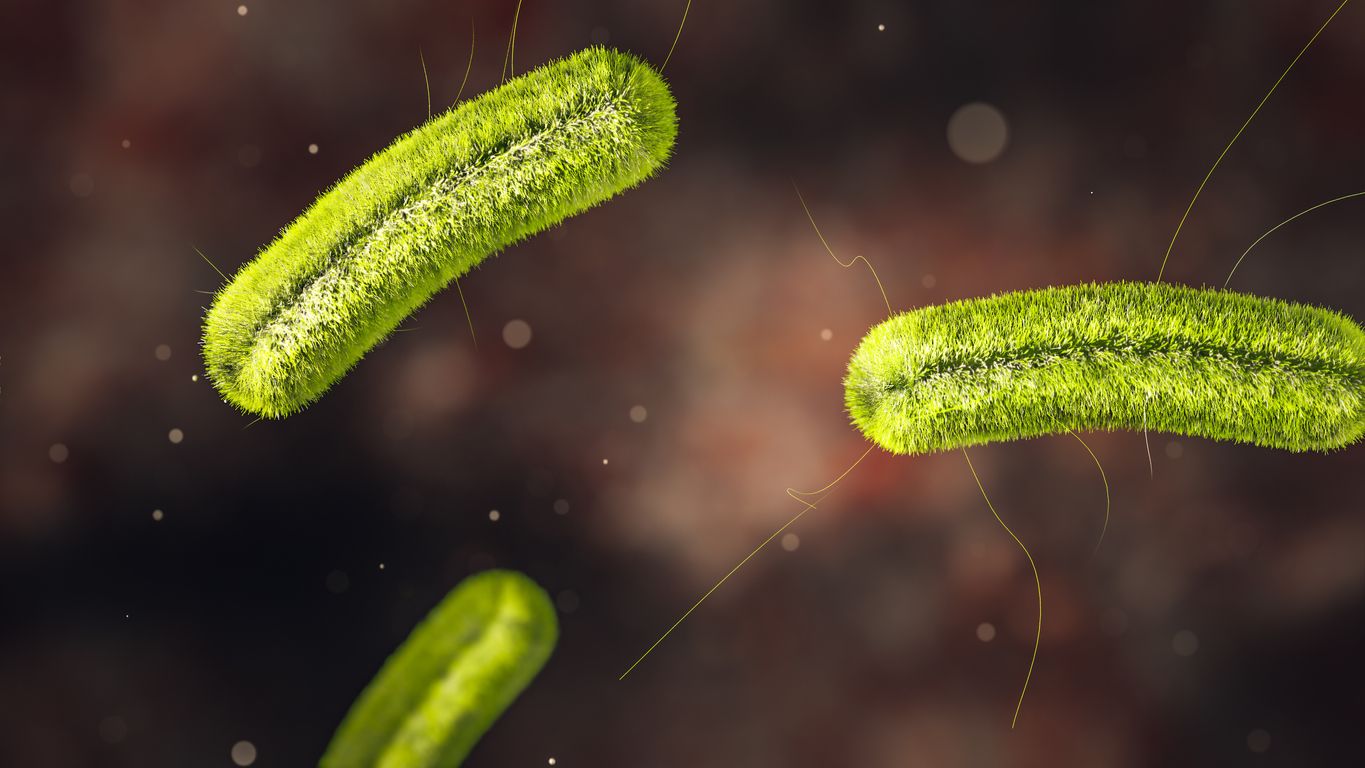
Knowledge, Health, and Social Drivers of Frozen Vegetable Consumption in Women of Childbearing Age
Consumer behavior, and regulations that anticipate that behavior, are integral components in food safety and disease prevention. Listeriosis, caused by food-borne pathogens, is particularly concerning in pregnant women and can cause miscarriage and fetal death. There are currently no FDA guidelines regarding Listeria monocytogenes (LM) contamination in frozen foods. This research investigates how women of childbearing age prepare frozen vegetable products to assess consumer behaviors that could be risky for LM exposure. To study frozen vegetable preparation and what factors influence this behavior, a questionnaire survey will be developed and distributed using the Google Survey Methodology (after obtaining research approval from Cornel IRB).
Hannah Rosenthal (UG- CHE), Primary Advisor: Renata Ivanek (CVM); Secondary Advisor: Alan Mathios (CHE)
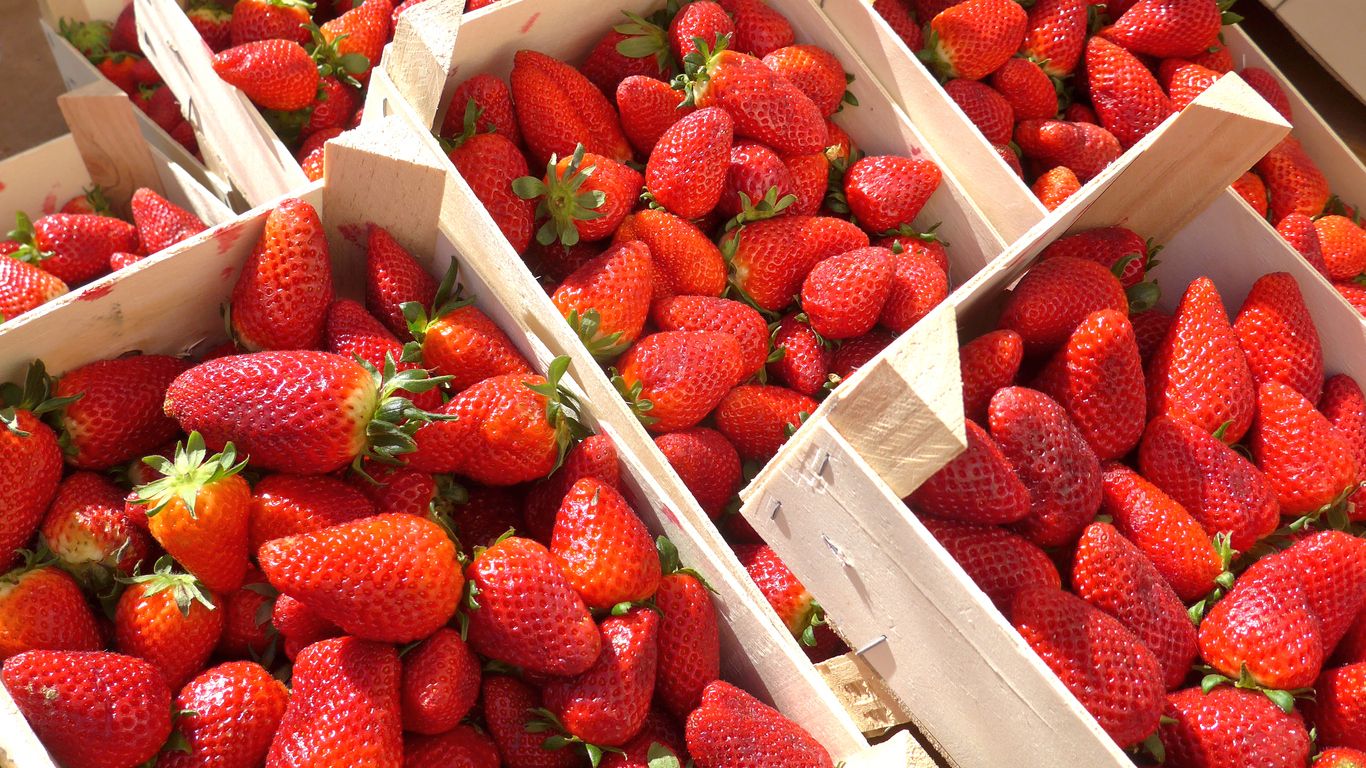
StraBot: a Soft, dexterous soft manipulator with hybrid sensing for strawberry harvesting and monitoring
Automating strawberry picking is the holy grail of agriculture. It is backbreaking work, the point at which you pick the strawberry is highly variable, and requires delicate touch when pulling. Soft robotics is a technology that has been developed over the past decade and can potentially solve this problem. Dr. Pritts is an expert in strawberry agriculture, and Dr. Shepherd is an expert in soft actuation and sensing. This work will finally explore the potential for soft robotics to solve this critical agricultural need by creating robotic manipulators that can pluck strawberries at high yield.
Rob Shepherd (COE), Marvin Pritts (CALS)
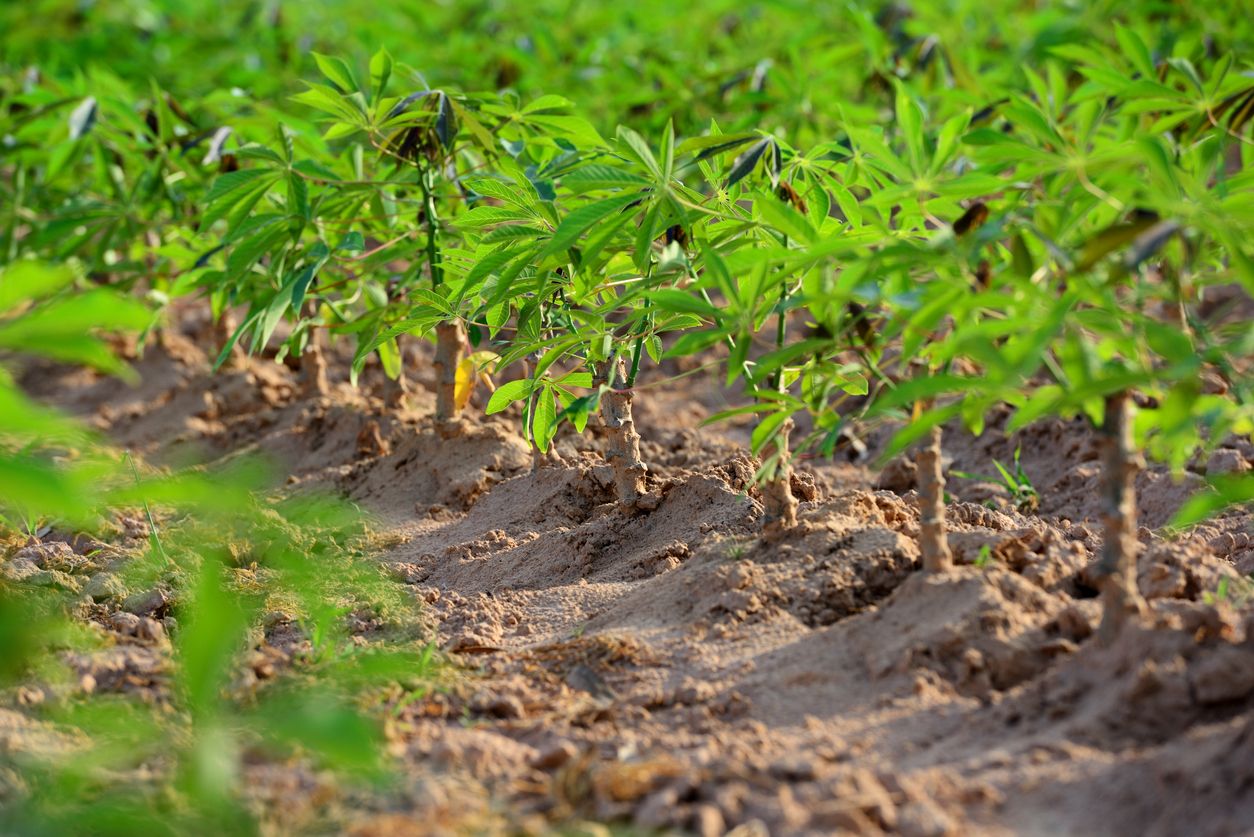
In Situ Nuclear Magnetic Resonance Monitoring for Improving Cassava Root Quality
The quality of most root and tuber crops is based on the amount of dry matter content and relates inversely to the amount of water content. This research proposes to apply a novel approach to above-ground measurement techniques through the use of a non-destructive surface nuclear magnetic resonance (SNMR) system. This less invasive approach will measure water and dry content in cassava in different settings – laboratory, greenhouses, and fields – as well as across the growing cycle. Additionally, the project will explore increasing the sensitivity of the SNMR receiver and reducing the drive current required for the SNMR transmitter in order to reduce the size and power consumption of SNMR systems and make field deployment viable for farmers and researchers alike.
Amal El-Ghazaly (COE), Mike Gore (CALS)
Become a Fellow
Stay up to Date
If you have a disability and are having trouble accessing information on this website or need materials in an alternate format, contact [email protected] for assistance.
CIDA Copyright 2023 | CIDA is an equal opportunity employer | Terms of Use | Privacy Policy